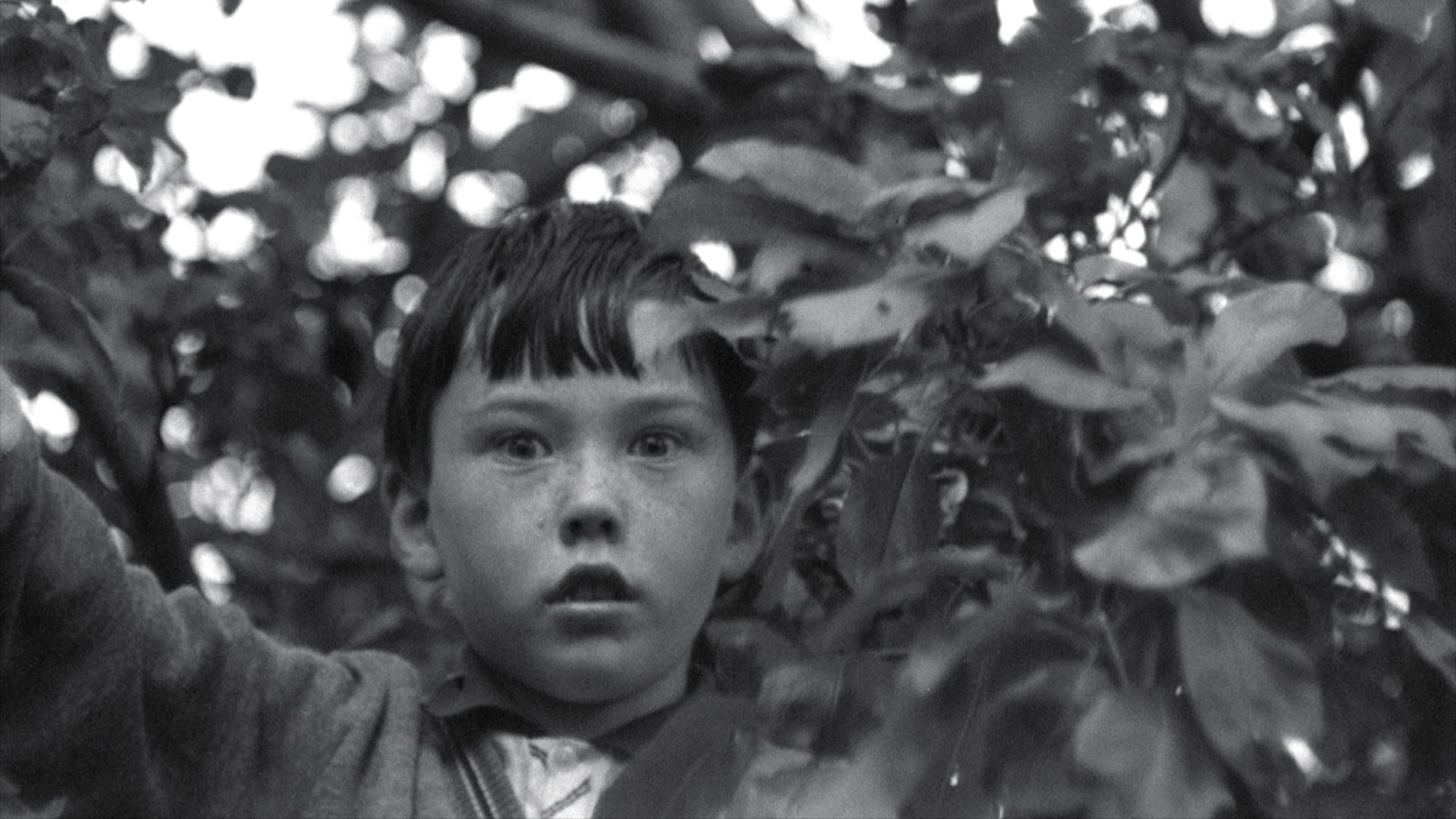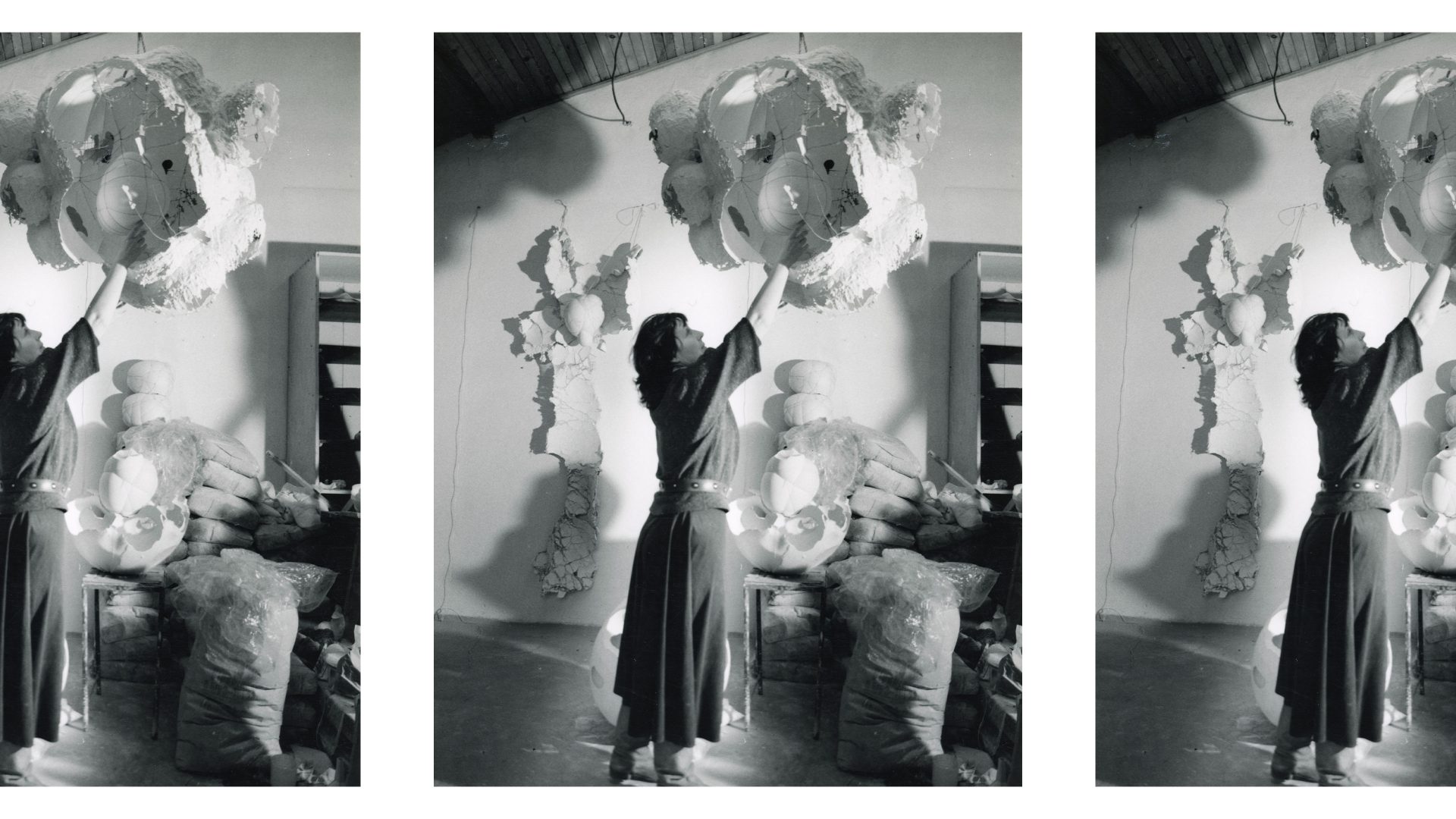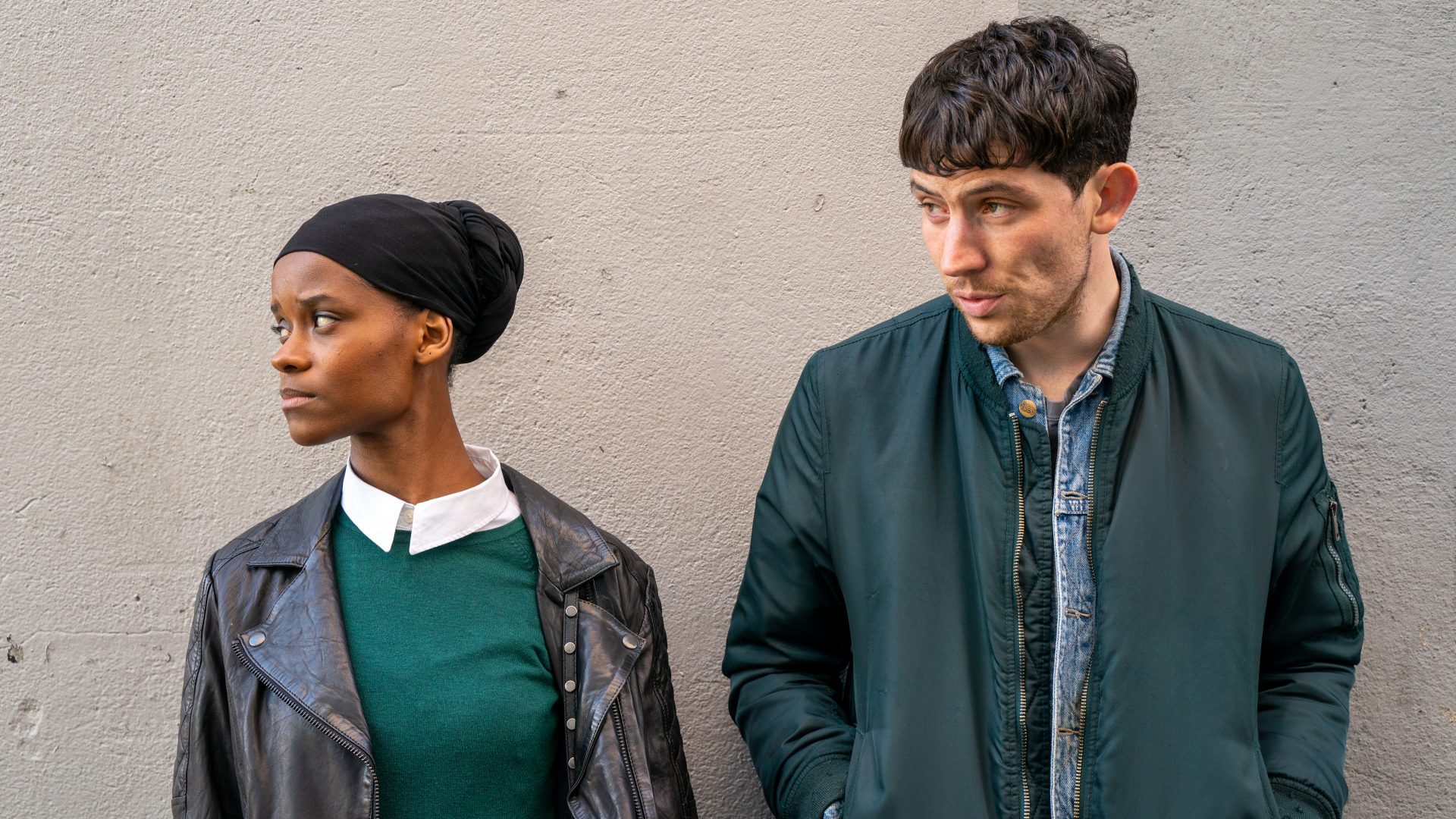Britain’s rural traditions hold an intriguing position in the nation’s soul. They also form its dark heart and its battlegrounds, from pagan rituals to raves and fox hunting. All of this turbulence and beauty is captured in the extraordinary collage of a documentary that is Arcadia, a project put together by director Paul Wright and now matched to a haunting score
composed by Portishead’s Adrian Utley and Goldfrapp’s Will Gregory.
As part of a nine-piece orchestra, Utley and Gregory world premiered their live version of the score at my Cinedrome at the Green Man Festival in Wales last August and the production has since grown into a tour that takes in Bristol and Sunderland this month before a big date at the Barbican for
early next year. “With the dizzying political changes going on all around us, the context of it seems to be different every time we play it,” says Gregory. “It certainly makes it more interesting than we ever imagined.”
The film itself scours 100 years of film and TV footage of the British countryside, excavated from the BFI National Archive. What’s reflected back is far from the bucolic land of our fond imaginings – instead, we get carnivals and masked parades, poverty and pagan horror, braying aristocrats and exhausted, exploited workers.
Utley says his job was to find the spirit of those images in a sonic form. “We could go from Elgar-type sounds to acid, but as the film was a collage, we could approach the music the same way and tap into all the traditions. We put a cult folk singer from the 1960s, Annie Briggs, through a synthesiser to establish the folk connection but also to make it sound modern and it came out sounding ghostly. That was just a perfect jumping-off point.”
Deep within the live performance of it, a real emotional core is reached. At Green Man, in the valley, under a full moon and surrounded by rolling hills
and woods, it felt at one with the natural elements of British life.
“Oh, absolutely,” says Gregory. “We’ve all got a relationship with rural life, all
of us do in our collective past. That’s what the film taps into and this footage
is emotive, because our growth has been so urbanised and now we’re cut off to the extent that so many of us exist in a kind of oblivion in terms of the countryside and its rhythms and cycles.”
Utley adds: “What we’re seeing is a lack of care from our government… all
respect for tradition and humanity and community is what’s gone. A lot of old folk things were about community – we see it in the film with the rituals like the cheese racing, and the old guy water divining. These are massive connections we are losing, just allowing them to disappear.”
Utley talks wistfully of his childhood memories – he grew up in Northamptonshire – of gnarly fellows who would lay hedges, and old men dancing outside pubs around maypoles. “Will that continue?” he asks.
We’re in fascinating territory, I say. Aren’t these exactly the rose-tinted images of ye olde England that played so powerfully to Brexit voters?
Will Gregory picks up: “It can be provocative and nostalgic at the same time. You have a feeling watching it, of these traditions going back centuries. We need that connection with the past and there’s a nostalgia for it, but it’s about it being in balance with what we’re doing now. Seeing it offers a chance to think about how we regrow.”
And he adds: “The debates now about over-fishing and over-cropping, it feels we’d sell our granny for a buck these days. We are interested in this older version of ourselves because it also makes you furious that people have been abandoned.”
Do they feel the score they’ve created conjures up a certain idea of Britishness? “With a live performance,” says Utley, “there’s a connection with the audience who watch us work and I know that must transmit something. But I do wonder what Europeans will make of it – it’s very British to watch these images and they may all just think we’re a weird bunch of nutters.”
Although he and Gregory, who are taking the film and their band to perform at IDFA (International Documentary Filmfestival Amsterdam), are actually more optimistic. As Gregory says, there’s a deep folk tradition across Europe and a certain darkness to the lore and witchcraft of Holland and Germany (Utley cites Bruegel and Bosch) that must chime with our own island customs.
“They took to the hippy movements and the flower people of the 1960s and ’70s in Scandinavia and Germany, so I think what we’ll find is that these deep-rooted folk rituals connect us more than they divide us,” says Gregory, who confesses to catching new nuances and images each time he accompanies the film. “And when we play live, I know that audiences find the immediacy of the sound and performance makes each image live and breathe again. It’s quite an experience for them and I think people will find it startling and moving.”
Arcadia Live dates at www.sounduk.net The film is available to view on BFI Player




